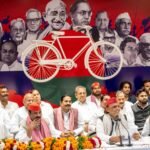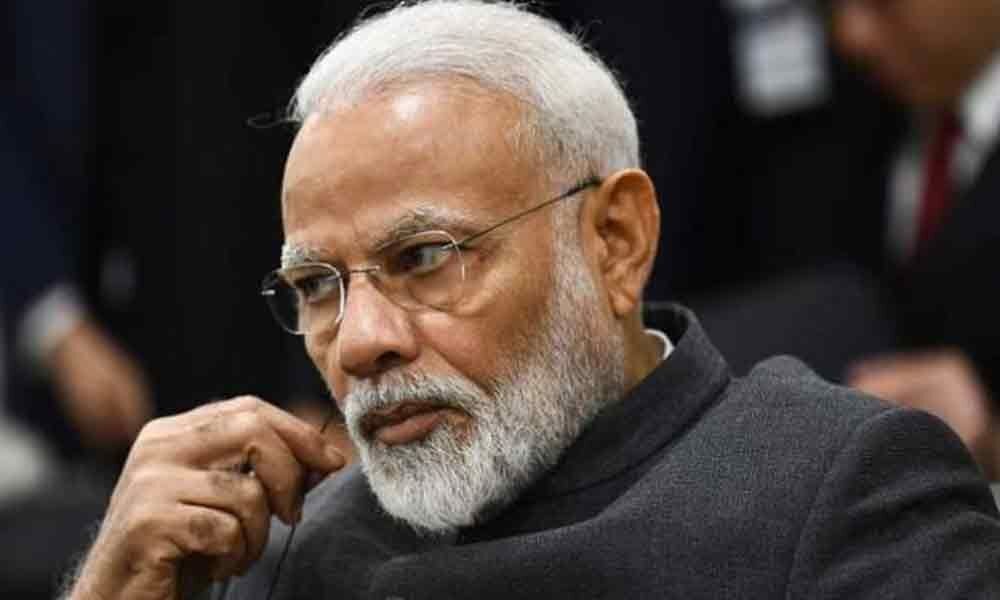
BY MOHAMMAD TARIQUE SALEEM
Indian politics has always been known for its energy, drama, and intense power play. Recently, a development grabbed attention: reports that Prime Minister Narendra Modi has been personally calling Bharatiya Janata Party (BJP) Members of Parliament one by one. While on the surface it may seem like routine communication, the timing and tone of these interactions suggest a deeper layer of political urgency.
For a leader of Modi’s stature, who usually operates through structured channels of communication, taking the phone himself and reaching out directly to MPs is significant. It hints at a moment where maintaining cohesion and confidence inside the party is more important than ever. Political analysts believe these calls are not just greetings or casual conversations but part of a deliberate effort to stabilize the party’s internal environment.
Direct communication serves multiple purposes: it reassures MPs that their voices are being heard, prevents misinformation from spreading, and reinforces the bond between leadership and grassroots representatives. At the same time, it reflects the seriousness of the challenges the government might be navigating. The phrase “under tremendous stress” used in commentary surrounding these calls has created debate.
Some interpret it as evidence of internal pressure, perhaps due to upcoming elections, policy criticism, or dissent within the ranks. Others see it as a tactical strategy: a calculated attempt to show care, discipline, and responsiveness at a time when unity is essential. Both views carry weight. On one hand, the Prime Minister’s decision to step away from public rallies and mass speeches to make private calls could be seen as unusual. On the other, it can be viewed as an intelligent move to build confidence and silence doubt.
Political leadership is often portrayed as distant and commanding. Yet moments like these bring out its human side. A phone call from the Prime Minister himself can leave a strong impact on any MP. It creates a sense of personal recognition that large meetings or official memos can never deliver. For Modi, who is known for his powerful stage presence and oratory, this softer, one-on-one approach presents another dimension of leadership—personalized, empathetic, and highly focused on morale-building.
Inside any large political organization, moments of doubt or division are natural. When leaders sense wavering commitment, they often return to the basics: conversations, listening, and reassurance. Modi’s outreach may therefore be aimed at securing loyalty at a time when speculation is high. It also strengthens the message that the party is united and no one is operating in isolation.
Interestingly, such personal contact also prevents rumors from gaining momentum. By speaking directly to MPs, Modi can clarify his vision, address their concerns, and ensure that everyone is on the same page. The way this development has been presented in the media also matters. Describing the calls as a result of “tremendous stress” highlights the vulnerability of even the most powerful leader. Whether accurate or exaggerated, this framing sparks curiosity and conversation. It paints a picture of a government that, despite its strength, still feels the pressure of managing expectations, elections, and policies.
This episode tells us something about the evolving nature of political communication. In an age dominated by social media posts, televised speeches, and press releases, going back to a simple phone call feels unusual but effective. It shows that even in 2025, personal connection remains one of the strongest tools in politics. For the BJP, it could mean greater discipline and confidence among its MPs. For the opposition, it might be read as a sign of nervousness within the ruling camp. For citizens, it highlights that politics is not only about policies but also about relationships and reassurance.
Prime Minister Modi’s direct calls to BJP MPs are more than just routine interactions. They reflect a leadership style that adapts to pressure by becoming more personal, more connected, and more attentive. Whether born out of stress or strategy, this outreach highlights the importance of trust and communication in holding together a political family. These one-to-one conversations remind us that behind the grand speeches and national strategies, politics often runs on something very simple: the power of a personal word at the right time.










